Microsoft’s former chief privacy adviser after NSA ordeal: ‘I don’t trust Microsoft now’
4 min. read
Published on
Read our disclosure page to find out how can you help Windows Report sustain the editorial team. Read more
It was revealed earlier this year that the National Security Agency (NSA) had a secret program called PRISM which collected electronic information from users in an attempt to gather intelligence. The internet went haywire when Edward Snowden leaked details on what the US government was up to and how Microsoft, Google, and other tech companies played a role in the peep-show. After Microsoft admitted that they were not spying on its customers, some critics still believe they were aiding the US government to spy on people.
Caspar Bowden, who was in charge of Microsoft’s privacy policy between the years of 2002 and 2011 for 40 countries, stated this week that he doesn’t trust Microsoft at all after the NSA/PRISM ordeal. Bowden also admitted that he hasn’t used a cell phone in over two years. Is he paranoid or is he playing it safe?
“I don’t trust Microsoft now.”
“The public now has to think about the fact that anybody in public life, or person in a position of influence in government, business or bureaucracy, now is thinking about what the NSA knows about them. So how can we trust that the decisions that they make are objective and that they aren’t changing the decisions that they make to protect their career? That strikes at any system of representative government,” Bowden explained.
“I don’t trust Microsoft now,” Bowden states. Bowden now calls himself a “privacy advocate” and explained that he now only uses open-source software and hasn’t used a cell phone due to privacy concerns. He also mentioned during a conference this week that he was unaware that Microsoft participated in PRISM.
Bowden explains that there are specific words in the Foreign Intelligence Surveillance Act (FISA) that mentions “there’s no protection if you’re not an American.” In other words, anyone living outside the United States has no legal protection from the NSA’s actions.
“We’re living through a transformation in surveillance power that’s never been seen before on earth. And we don’t know what type of government or leader will come to power next and exploit it. It could be the next president. It could be this one,” Bowden adds.
“There’s no protection if you’re not an American.”
Back in August of this year, Microsoft partnered up with Google to sue the US government over surveillance transparency. This came as a surprise after Microsoft, along with Google and other companies, were accused of aiding the government to allegedly spy on its users.
Although the government has said that it will release the total number of national security demands for consumer data for the past 12 months, Microsoft and Google believe this is not enough and felt that everyone deserves the right to know which details, involving official data requests for user data, was requested by the government.
Of course Microsoft has to show concern about their users’ privacy, especially since this impacts the performance of the company’s cloud computing services. A big question we brought up a while ago simply asks, “If it was such a concern in the first place, why did these tech giants have to wait until this big surveillance transparency fiasco to come forth and demand more transparency from the U.S government?”
Microsoft continues to argue that they have only handed over specific customer data to the government due to a court order or subpoena. “Microsoft remains committed to respecting human rights, free expression, and individual privacy,” Microsoft emphasized.
Just recently, we learned that Microsoft received 37,196 requests from law enforcement agencies affecting 66,539 accounts in the first six months of this year, covering January to June 2013. However, only a small number of those requests resulted in the disclosure of customer data.

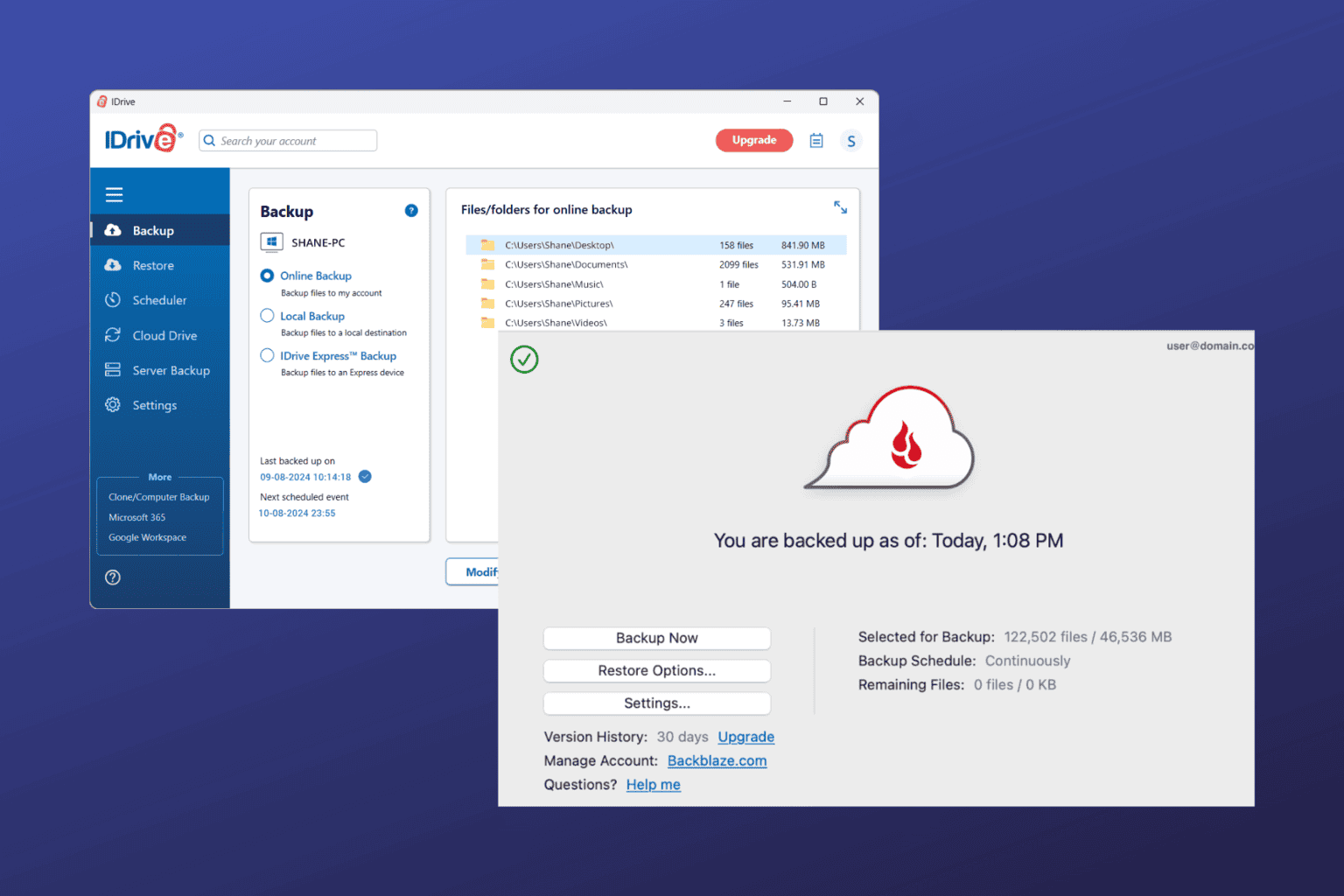
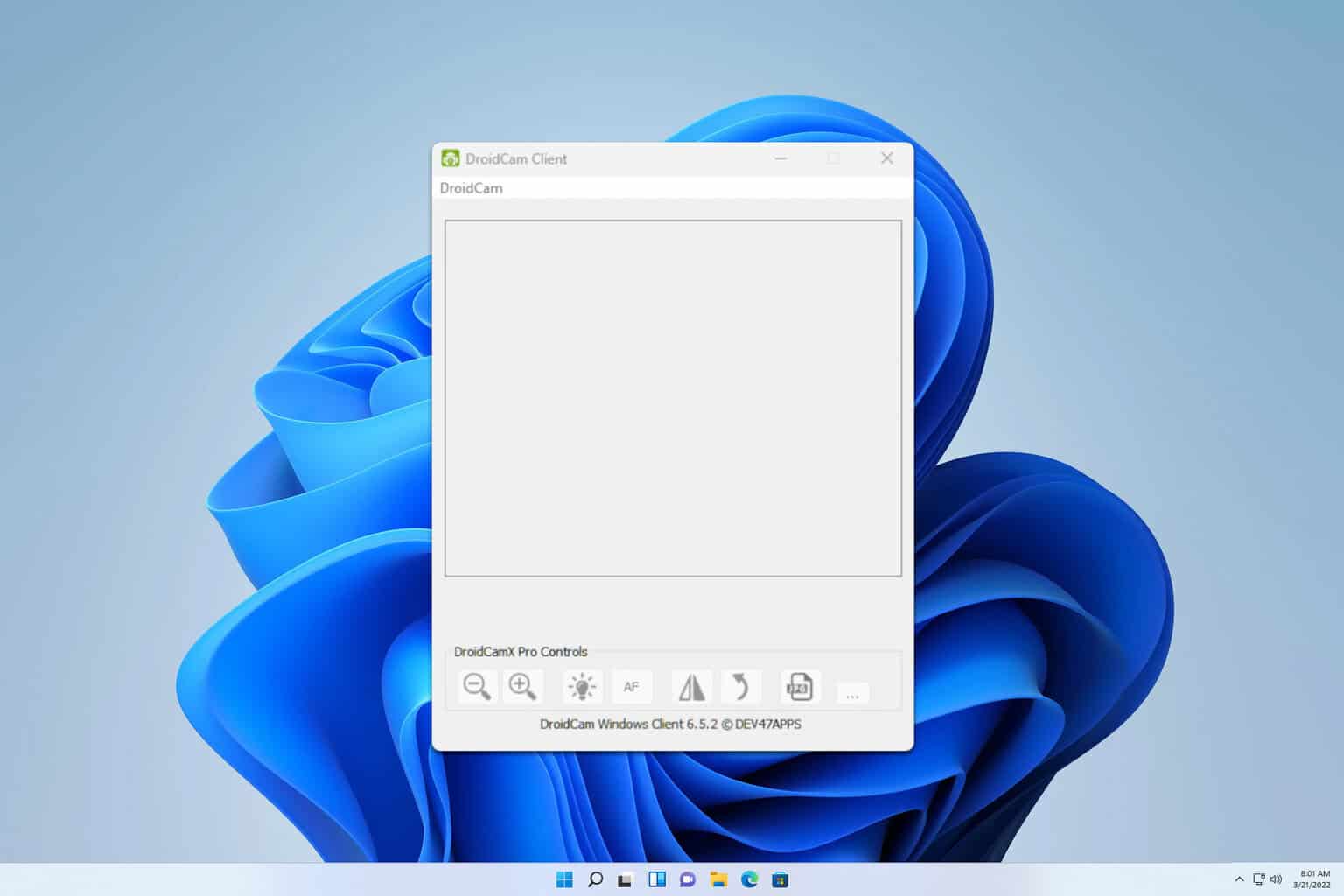
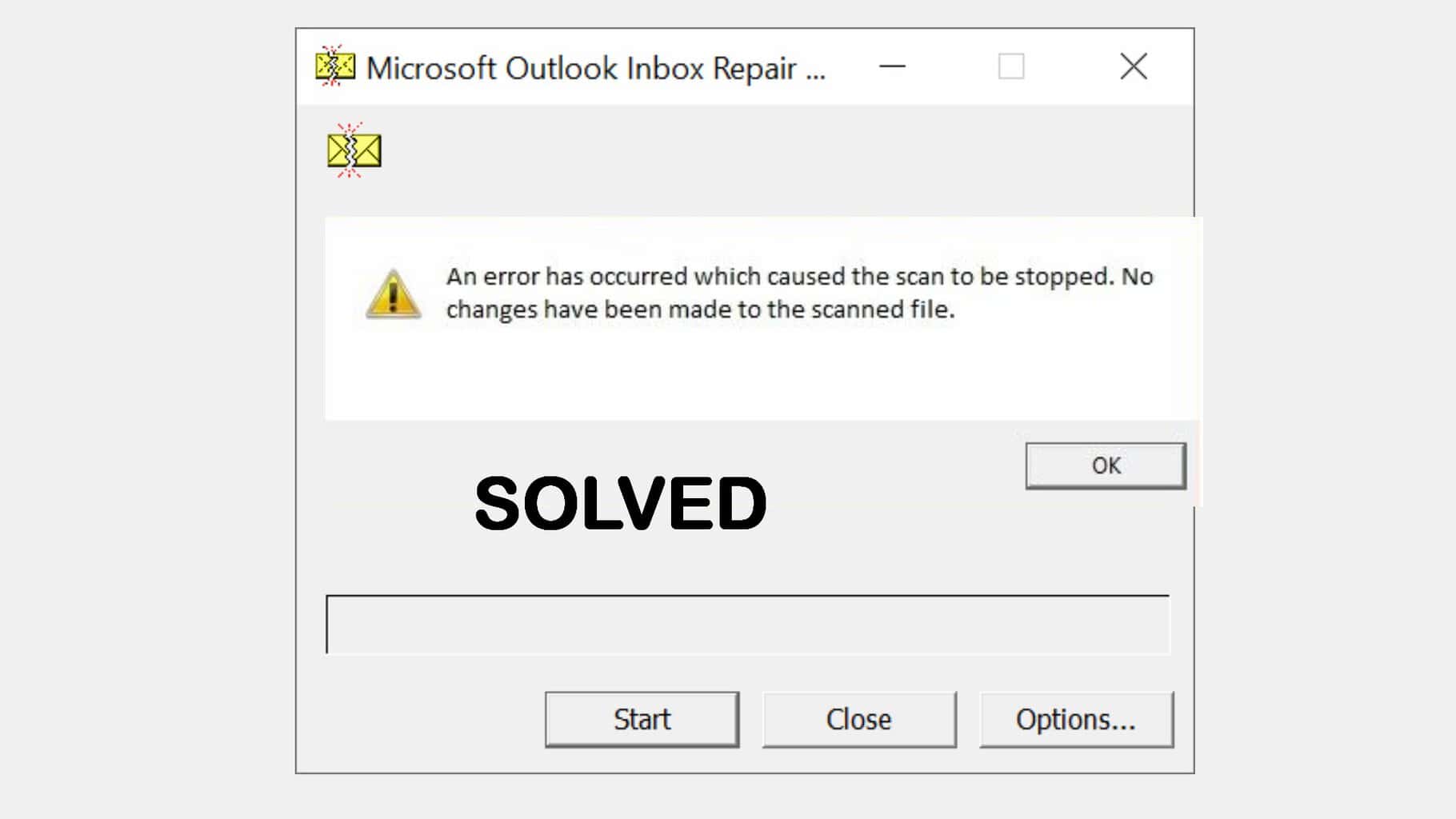



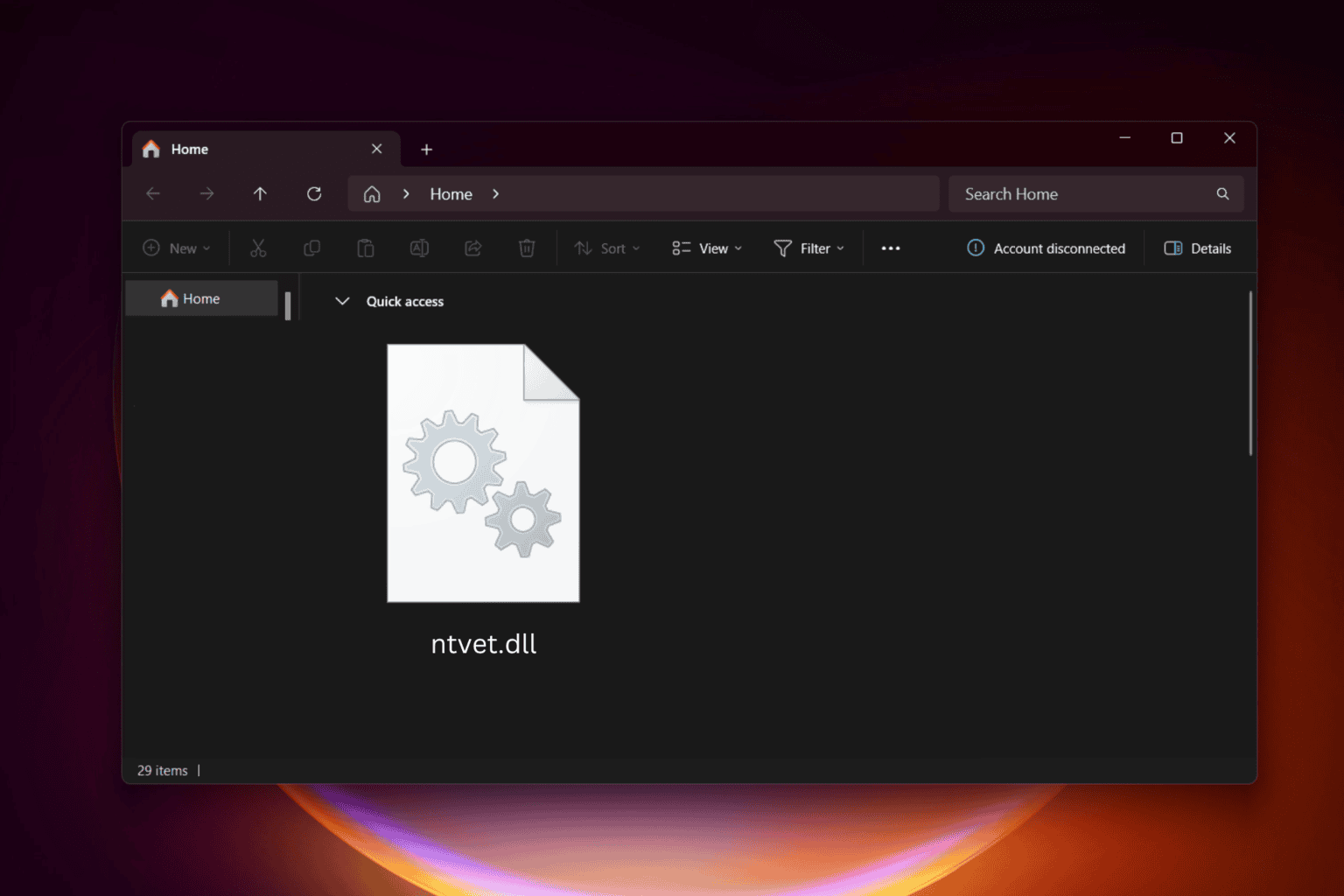
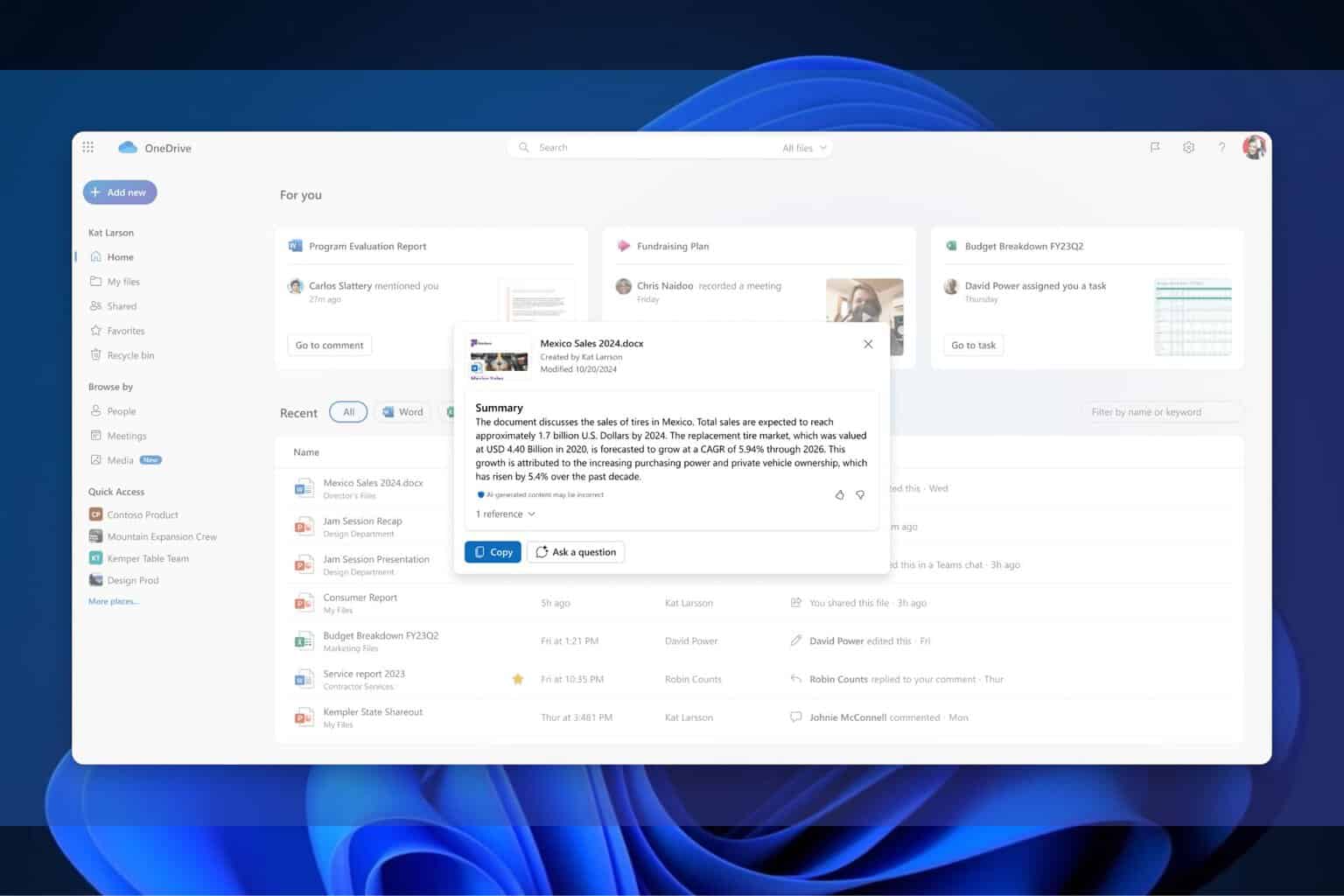
User forum
0 messages